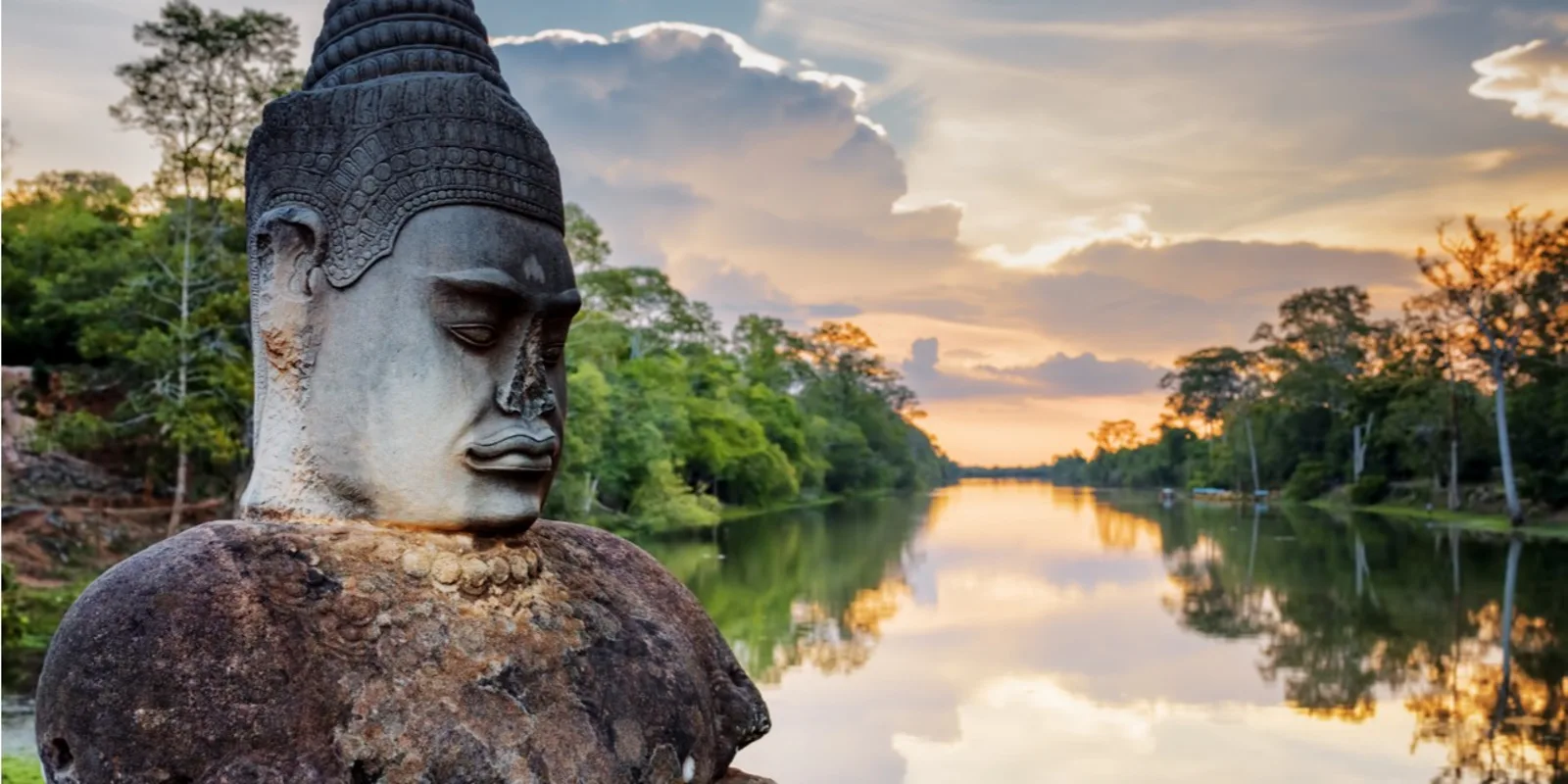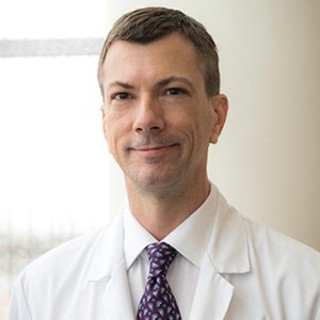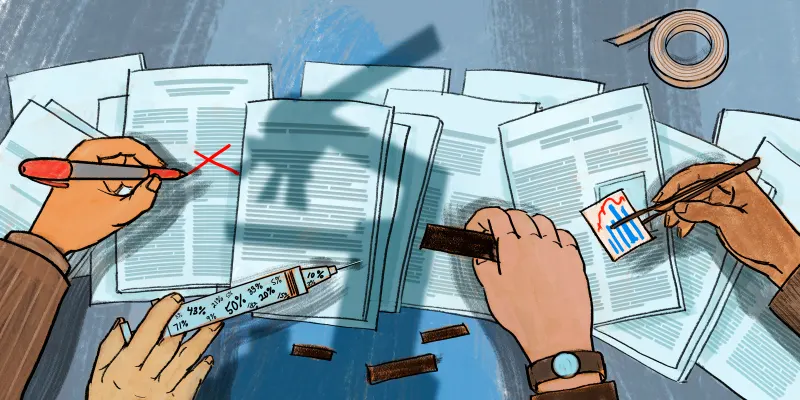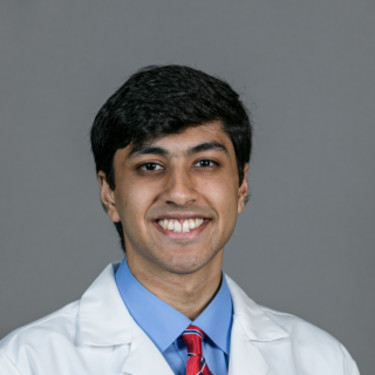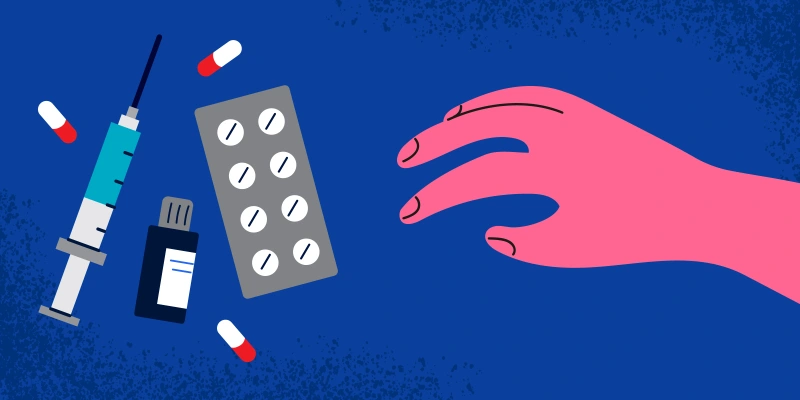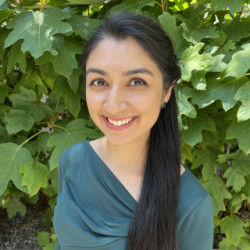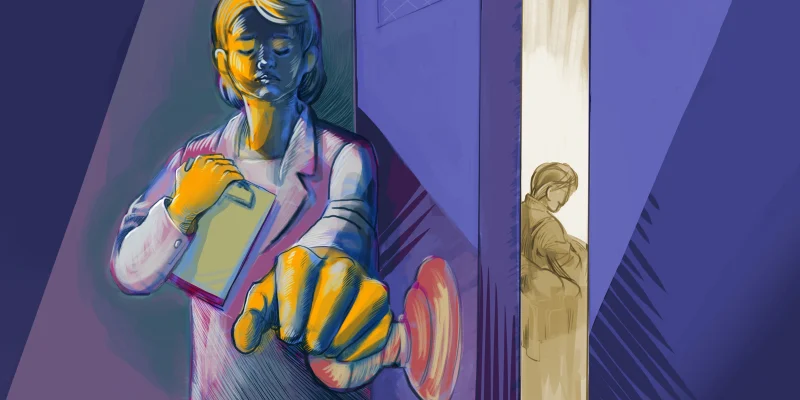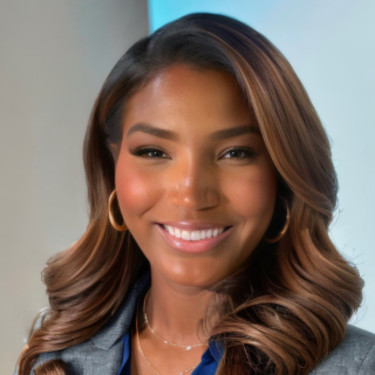
I went to Cambodia on a medical mission trip to an especially poor area that was Khmer Rouge territory for years. We celebrated New Year’s Eve at a massive outdoor party thrown by the mayor and local government to thank us for helping. Afterwards, we set up the clinic and got to work.
The clinic we set up was on the grounds of a local hospital, but it was far from anything we would imagine as a hospital. As is typical in much of the developing world, the wards have mattresses about the thickness of a sandwich, and patients’ families are responsible for bringing their food. Minimal X-ray and lab services, not to mention medicine, was available. We were assisted by local medical students with translation and got to teach and mentor them as well. My first day I had a very earnest, sweet, innocent girl I will call Vutha. Unfortunately, her English was horrible, and she was very tough to work with. I resorted to my Cambodian dictionary to translate to her so she could translate to patients. I talked to Nak, the mission leader the next morning about maybe changing students every day to share the, ahem, wealth around. I was disappointed to see her make a beeline to me to be my translator. She upended my expectations entirely as soon as we started talking; she had looked up all the words she had had trouble with the night before and practiced intensely. Over the next several days I was lucky enough to have her all but one day. She learned what questions and advice I routinely gave and started them before I even got there when she saw which way a particular encounter was going. I am almost certain she saw the first adult penis in her life and career when we had to examine a man “down there”, and I almost had to drag her to the exam room, but she did it. I had brought a special ophthalmoscope to give to one of the students at the end of the trip, since I never use it. Vutha truly earned it. She is now the proud owner of one of potentially 5 or less of this particular piece of equipment in the whole country.
As can be expected, we could only bring enough medicine to give anyone a month supply at most, and the trip was frustrating in this regard. Acute problems we could deal with pretty well. Of course a huge percentage of the patients were there for what was obviously anxiety/depression/PTSD — if you asked the right questions and made the right conclusions. What good were a month supply of sleeping pills or valium going to do any of them? I don’t even give valium-like meds to people in the US, because they have been proven to be highly addictive and make depression and anxiety worse in the long run. The only proven treatments are long-term antidepressants, psychotherapy, and the dark horse contender meditation (all hit about 30–40% improvement). As I’ve prescribed meditation to select patients with anxiety and depression over the last several years in the US, I modified this for the local environment. I started out telling them that, as they are Buddhists, there is a way to get better — that the first truth of the Buddha is that life is suffering, but that everything the Buddha said after that is how to get better. Then I broke down for them the simplest meditation out there: every day, set a clock for 10 or 15 minutes, close your eyes, get comfy and on your first breath in count 1 to yourself, then 2 on the next. When you make it to 10, go back to 1. When you get distracted and realize that, go back to 1, and so on. It could be done anytime but maybe best on waking up, to help go to sleep, or of course when anxiety is hitting.
Then I told them they could also talk to their local Buddhist priest for advice and help in meditating. This really seemed to be useful for many people, definitely better than a few weeks of sleeping pills or valium. In one case in particular, the effects were markedly evident. I saw an old woman who fainted and hit her head, possibly from the heat. She was accompanied by her daughter who was freaking out a little making her mom nervous and not helping the situation. Since a CAT scan of her head wasn’t an option, we sent her home and had her come back the next day to make sure she didn’t have any serious head injury. When I saw them the next day, mom’s head was fine physically, but it was obvious where her daughter had learned her anxious way of reacting to the world. And, the daughter was treating her mom almost like a child, not letting her do anything by herself. Some of that is cultural, but this was a grotesque caricature of the typical Confucian respect for your elders. I put them in separate corners and talked to the daughter first about what else was going on. Turned out daughter had HIV and didn’t want mom to worry about her. I told her that she had to let mom do things for herself, or it would be bad for them both. Then I added the Buddhist/meditation spiel I had gotten down pretty well by then. I added on the advice that meditation would be the best thing they could do for each other, and they could support and remind each other to do it daily, especially when they were feeling bad. By the end of that conversation, the daughter was crying. We then moved on to the mom. We talked over the same things and advice. By the end of that conversation, Vutha and the mom were both crying, and my US medical student and myself both felt a little tugging at the heartstrings. On the last day, I sat down with Vutha and told her how she will have a great opportunity and gift being able to do this for her patients for the rest of her career and that she has seen how powerful it can be. Right before I left I had her give the talk to the people waiting to be seen and promise to do it the last day as well to build her confidence.
I used a variant of this with two alcoholic patients. With them I started out saying that, as they are Buddhists, this life is only one in an infinite series of future lives and that unless they fix this problem in this life, they will experience ALL the suffering they have had in this life again and again and again. An especially frightening thought for a Cambodian of a certain age. Then, the second truth of the Buddha that all suffering is caused by excessive attachment to things, including alcohol. The only way to stop the suffering is to let go (at which point I opened my fist like I was setting something free). Then came the meditation/visit your local Buddhist priest refrain. The older of the guys conveniently didn’t make much eye contact and kept looking away. I am pretty sure he’s drunk, hungover, or dead by now. The younger guy became very serious and was obviously shaken to his core. I hope he makes it.
A few other people stick out. One was an older, well-dressed and well-fed Buddhist monk. He was rather needy, down to the point of asking me to clean the wax out of his ears. I told him how I had been prescribing meditation to several patients and that some may show up to his temple for help. He seemed to be actually irritated that I would be sending people to him for help. Once I saw that, I went big, telling him how lucky he was to be able to help his people like this. Don’t think he bought it. Oh well, next life he might end with something worse than waxy ears.
Another was a poor 18-year-old kid who had fallen on some electrical transmission wires and lost both hands. He had been in the big city in the hospital for over a month. The day before I met him, the big-city hospital told him they could do nothing else and sent him home. His family brought him straight to our clinic instead. His leg had also been burned, and his shin bone was exposed with apparent pus on the surface. We, of course, could do nothing for him but a single antibiotic shot. We had him transported to the big-city charity children’s hospital. In the West, he could get skin and tissue grafts and keep the leg, with a little luck. He probably ended up getting an amputation. What we were able to do for him and many others was provide him with two prosthetic hands. Remember all those land mines. That saved many people from a much worse life, as did our dentists and Nak’s mom Nancy, who was an optician and handed out hundreds of pairs of glasses.
My last memorable patient was a (inside and out) beautiful lady who was crippled from a head injury years before. She was wearing what might have been her only or at least best clothes, pink flannel pajamas in the tropical heat. She had the prettiest smile as she limped while in a deep bend at the waist. I treated her for the chronic urine infection she had from not being able to empty her bladder like the rest of us. I also did my standard Buddhist meditation talk to help her deal with her understandable anxiety and depression. And I made it my personal mission to make sure we got her something she could use as a cane to get around. My wife Lorena led her around to the various places like the pharmacy, and even one of the edgier staff members felt so bad for her that she gave her $20. Lastly, I told her how happy I was that I could help her and ended telling her in Cambodian that she was pretty and strong and had a pretty and strong mind. Her smile will be with me forever.
After practicing emergency medicine for over 20 years, I have transitioned to working as a hospitalist at the City of Hope Cancer Center with a little ER on the side. I have also branched out into writing medical memoirs and leading medical missions abroad.
